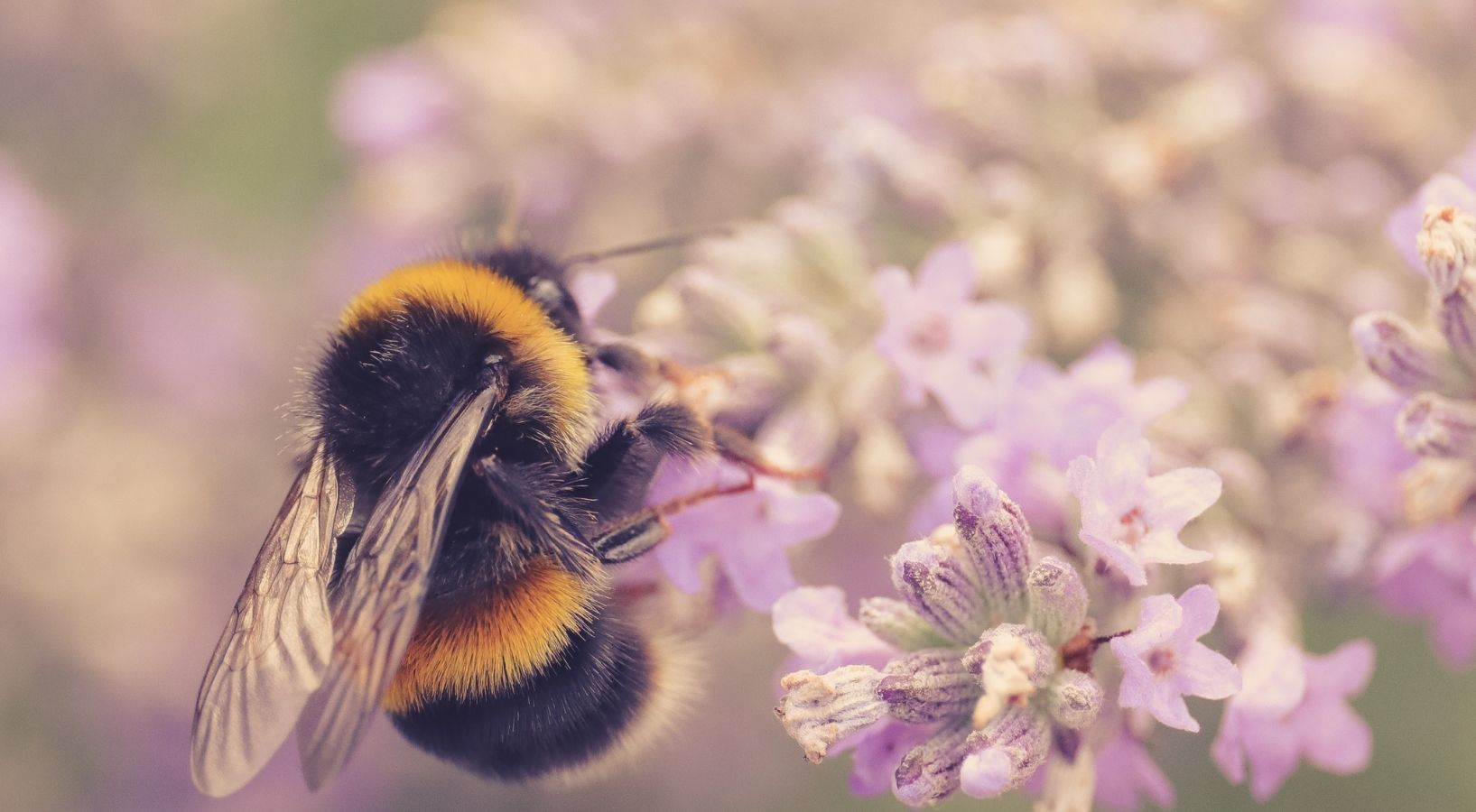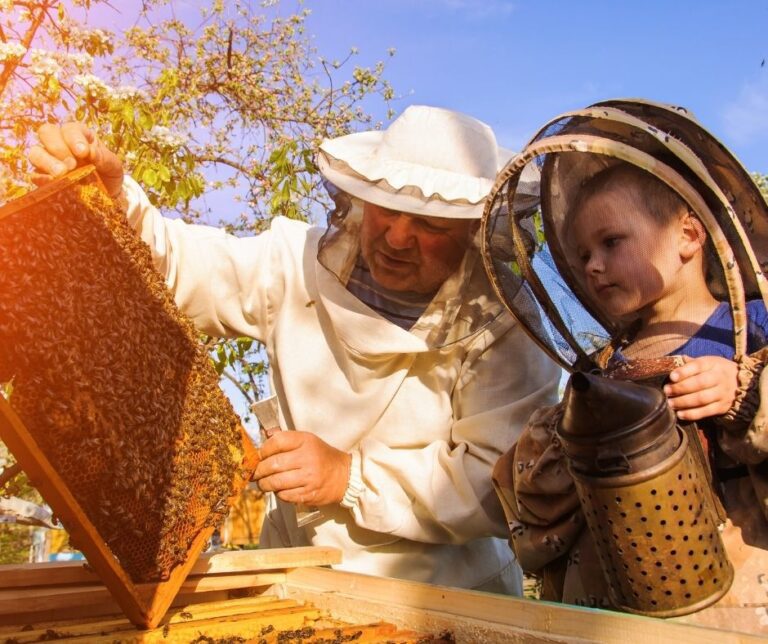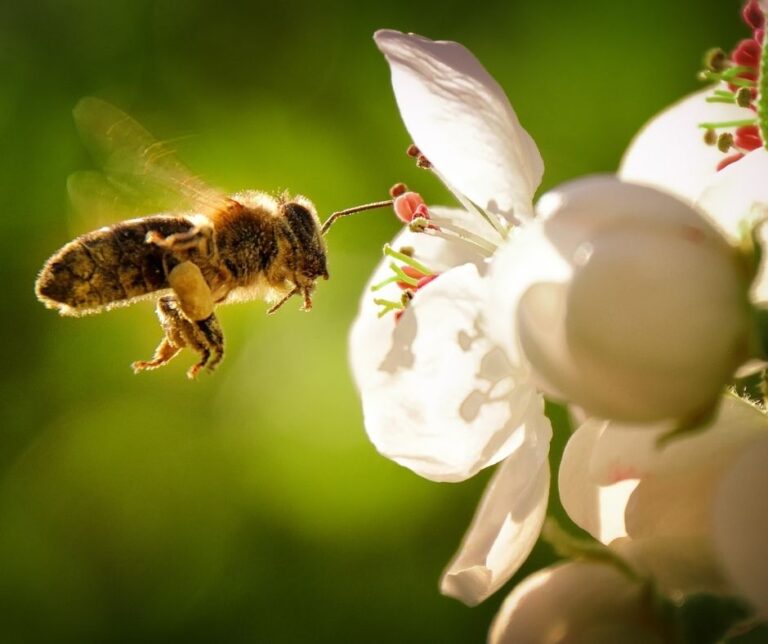
Did you know that there are approximately 20,000 species of bees on the planet, and they are thought to be the most important insect pollinators?
The thousands of bee species all have distinct flight patterns and floral preferences, and many have coevolved with flowers to the point where their body sizes and behaviours almost perfectly complement the flowers they pollinate.
Unfortunately, bees of all kinds, as well as many other insects, are in decline around the world. The common honeybee has suffered greatly as a result of colony collapse disorder, a condition in which hives suddenly lose their adult members.
Bumblebee and other solitary bee populations have plummeted in many places, owing largely to insecticide and herbicide use, habitat loss, and global warming.
Some species, like the rusty patched bumblebee, are even classified as endangered.
According to a recent beekeeper survey, 37.7 per cent of managed honeybee colonies were lost during the winter of 2018-2019, an increase from the 13-year average of 28.8 per cent.
Bees are beneficial because they pollinate plants, which helps to provide food in the form of fruits, berries, nuts, leaves, roots, and seeds.
Possibly the most important parts of our diet (those that are good for our gut health) are those that rely on bees (and other pollinators) for cross-pollination.

According to the United Nations’ Food and Agricultural Organization (FAO), bees and other animal pollinators are essential for the survival of 78 per cent to 94 per cent of the Earth’s flower and seed-producing plants, with honey bees serving as an important supplement to native insects.
Bees are also an important part of the food web as they pollinate foods consumed by other animals and birds.
Birds and mammals often rely on berries, seeds, fruits, and nuts pollinated by bees and other pollinators.
It should also be noted that pollination benefits some domesticated animals as well!
For example, cows eat alfalfa, which is pollinated by bees (leafcutter bee species are especially effective).
So you can see, bees play an important role in the entire food chain!
In 2010 the US government carried out a study into the contribution of bees to the food-crop industry and they estimated that bees contribute $US40billion per annum.
Quite apart from pollination for food, bees are important for helping biodiversity.
Bees make a significant contribution to the countryside, gardens, and the general betterment of landscapes.
As a result, bees are wholly beneficial to the environment.

They pollinate both wildflowers and shrubs, increasing and ensuring plant biodiversity and beauty in landscapes and gardens.
Bees also supply other important products such as honey and wax which contribute on a large scale to economies.
If the bee population continues to decline, our diets would change, animal extinctions would increase as habitats and food webs change and many fruits, nuts, berries and vegetables would no longer be available to feed us.
But it’s not all doom and gloom, there are plenty of simple ways we as individuals can help improve the bee population.
One of the biggest problems for bees is loss of habitat and if you own a garden it’s very simple to turn your garden into a ‘Bee-Friendly Garden’.
Bees also need water as they build up a need whilst flying around collecting nectar.
You can make a bee bath out of a small bowl filled with clean water with pebbles poking out of the water.
Bees will land on the pebbles to drink from the water.
One of the best ways you can help the bees is to inspire the next generation of eco citizens and make them aware of the beauty and importance of nature and ecology.
As parents and teachers, it is our responsibility to make sure the citizens of the future don’t make the same mistakes we have and grow up loving nature and understanding its need for balance.
Do you want to do something amazing?
Join Play It Green from £5 per month and we will help you REPAIR the planet through reforestation, REDUCE your footprint with weekly tips and sustainable discounts and REGIVE, as 10% of your subscription will be given to a good cause of your choice.




